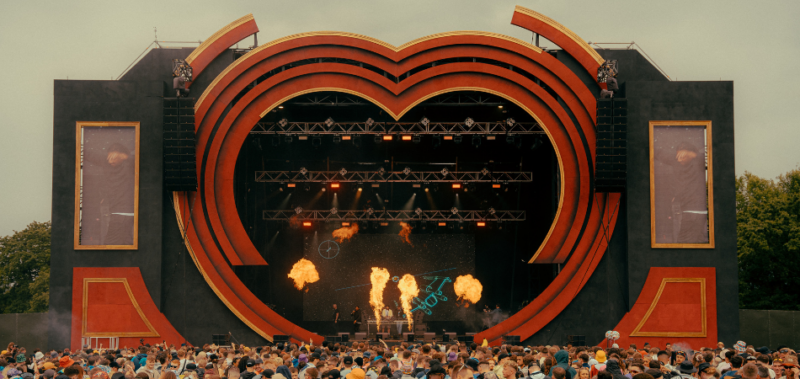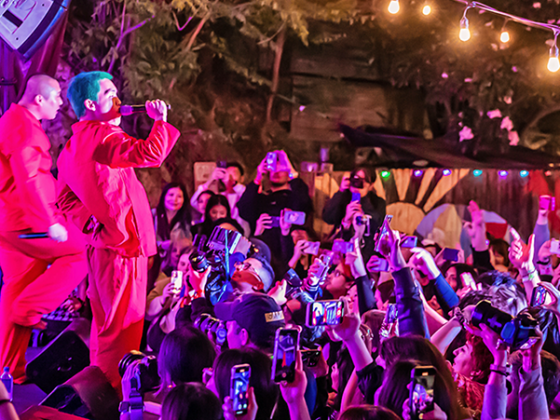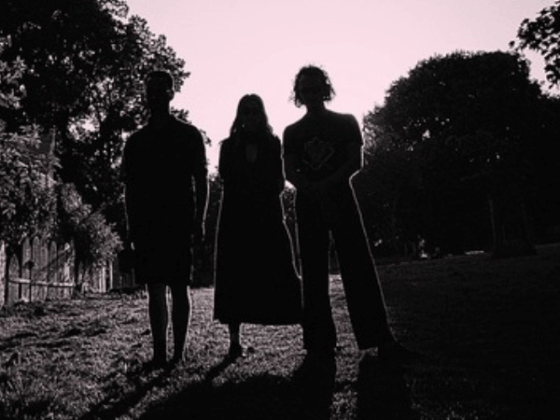Bristol’s flagship music festival, Love Saves The Day, is back with a bang for 2025, and the first wave of the lineup promises a weekend that’s nothing short of legendary. Taking over Ashton Court in Bristol on Saturday 24th and Sunday 25th May, the festival is set to deliver its signature blend of cutting-edge sounds, unforgettable energy, and impeccable vibes over the bank holiday weekend.
Headlining the weekend are two of the UK’s most exciting acts: Overmono and Nia Archives. Saturday will see the electronic duo Overmono, known for their seamless fusion of UK garage, techno, and emotive soundscapes, bring their genre-defying live show to close out the night. Meanwhile Sunday belongs to jungle’s reigning queen, Nia Archives, who will deliver her signature high-energy, feel-good junglist vibes to close the festival in style.

The rest of the lineup is just as stacked, featuring a mix of electronic heavyweights, bass music pioneers, and boundary-pushing talent. Highlights include Skream & Benga, reuniting for a rare performance guaranteed to ignite the crowd with their iconic dubstep anthems, and Hybrid Minds, bringing their soulful drum and bass to keep spirits high. Meanwhile, D&B legend Shy FX, rap powerhouse Giggs, grime icon Ghetts, and Bristol’s own Eats Everything add depth and variety to the bill.
Other must-see acts include Andy C, Wilkinson, Girls Don’t Sync, Jyoty, PAWSA, and Chris Stussy, alongside festival favorites like Netsky, Camo & Krooked, and Eliza Rose. Whether you’re a fan of soulful beats, bass-driven anthems, or euphoric house, Love Saves The Day 2025 promises a lineup that ticks every box.
Festival Director Tom Paine shared his excitement about this year’s event: “There’s nothing we love more than being back at Ashton Court to truly kickstart the festival season, and 2025 is shaping up to be pretty spectacular. We’re bringing some of the biggest and best names across the electronic music scene to Bristol for the bank holiday, as well as some of the most exciting local talent out there. Come on down for a great party, see your favorite DJs, discover some new favorites, and just celebrate the start of summer with us.”
With its unbeatable mix of top-tier talent, stunning production, and an electric atmosphere, Love Saves The Day continues to set the bar for festival culture in the UK. Be a part of the magic this May, tickets go on sale this Friday 24th January.
For more information and tickets, visit the official Love Saves The Day website here
Connect with Love Saves The Day: Facebook, | Twitter | Instagram | TikTok











